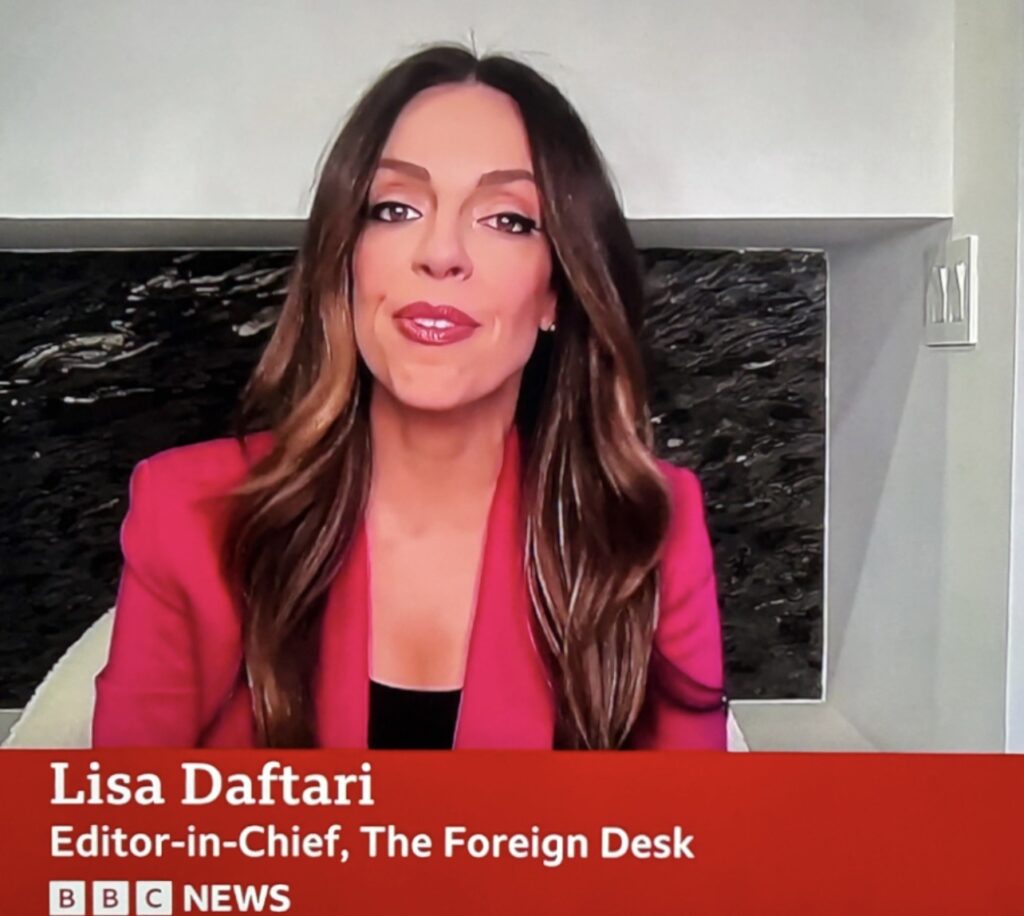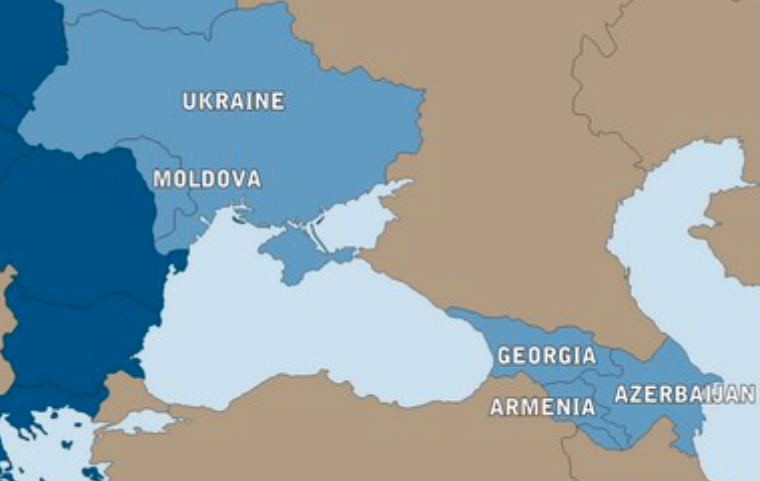The most recent scandal to befall Little Lord Mandelson is the revelation that he and his husband, Reinaldo Avila da Silva, allegedly received about $75,000 from Jeffrey Epstein. The evidence for the transactions, comes from documents released by the US Department of Justice.
The documents, which are about transactions alleged to have occurred 20 years ago, seem to indicate Epstein transferred 3 payments of $25,000 over a few months to Mandelson da Silva, who was Mandelson’s boyfriend at the time.
Mandelson’s ‘denial’ or his immediate reaction was to state that he had no recollection of the transactions, and to question whether they were genuine bank documents. He suggested the bank should be asked to verify the accuracy of the documents and suggested he needed time to check his own records.
This comes on top of the reports that Mandelson’s boyfriend received a ‘loan’ of £10,000 from Epstein to fund a training course to become an osteopath.
What is striking about Mandelson’s rebuttal of the allegations is how indecisive they are. He needs to check his records. He wants the bank to confirm if the documents are real. But what is omitted from his response is an unequivocal assertion that the transactions never happened. Any ordinary person would probably have no trouble rmembering that they never received tens of thousands of pounds in gifts. I know I would have no trouble answering an allegation that someone had sent me, or my partner, £75,000. Even if the gift was 20 years ago. But then for me, and all the people I know, gifts of tens of thousands of pounds are the exception, not the rule.
The allegation and Mandelson ‘s prevarification, give us a glimpse into how the ruling class works to corrupt the politicians elected by the working class. We know about the jobs-for-the-boys arrangements that reward former government mimisters who have served the interests of the ruling class. Mandelson’s sleazy relationship with Epstein illustrates the ‘gifts’ and ‘loans’ made to influential politicians. The gifts and loans are made with implausible deniability. Of course `Mandelson will deny that Epstein was buying influence. The working class will drawe its own conclusions.
The alleged gifts were made when Mandelson was serving MP and the Labour government was under pressure to limit the system of financial bonuses for bankers and financiers. Epstein made it perfectly clear what he thought of limiting those bonuses.
The capitalist press will focus on Epstein’s sexual predation and his conviction for sex-related offences. But the bigger picture is not whether mandelson received money from a convicted paedophile and traficker. The question is why he received any money from anyone. The scandal reveals how the capitalist class uses their money to influence politics. In a system of one person one vote, they want us to believe we are all equa. The reality in a capitalist society, is that real power belongs to the rich.






